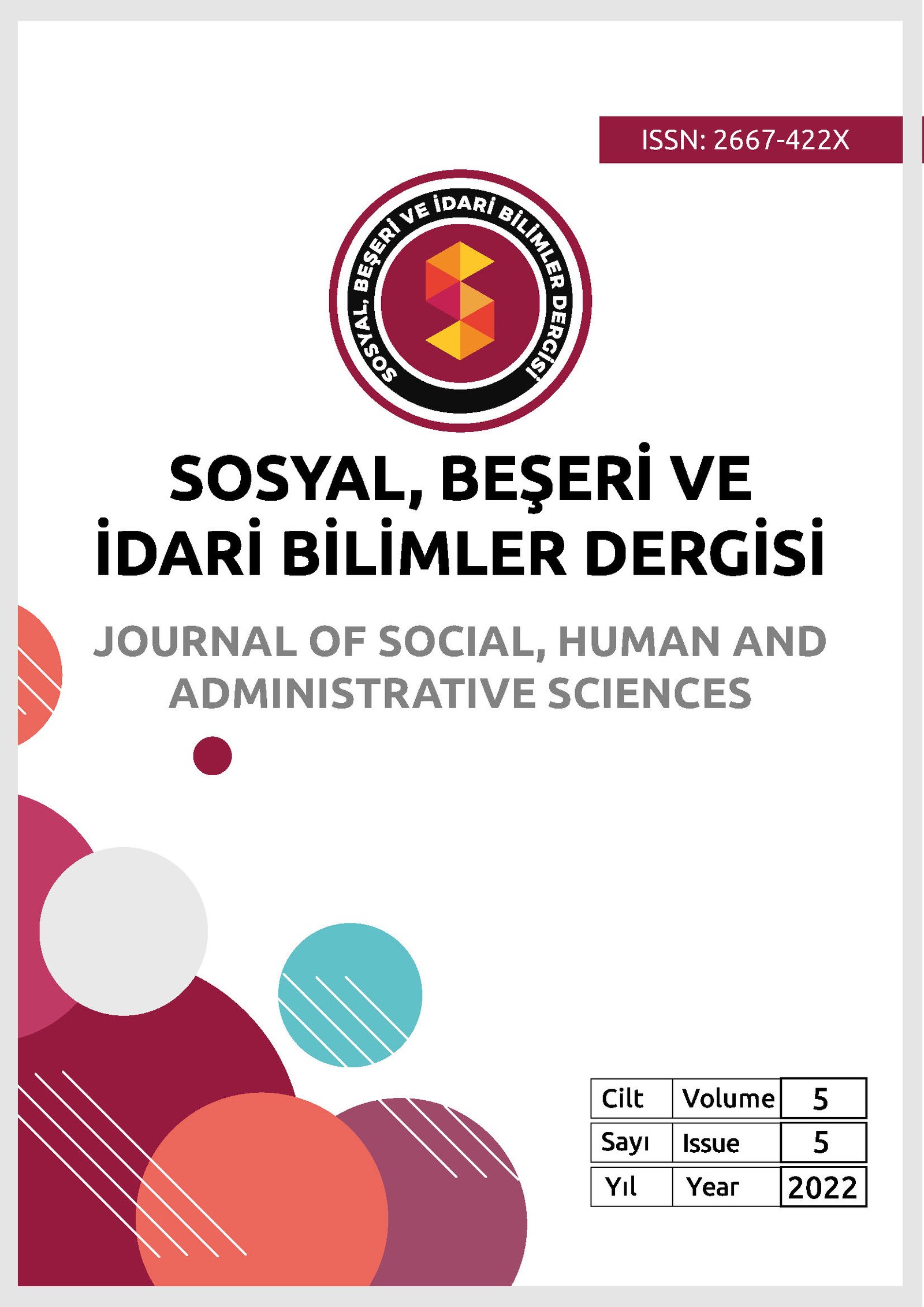Conceptual Analysis of Non-Standard Work
Main Article Content
Abstract
The implementation of neo-liberal economic policies after the collapse of the Fordist production system tremendously affected the labor markets worldwide. While flexible working relations have replaced standard or full-time employment in the Fordist production system, labor markets have been transformed in developing and developed countries, and non-standard employment has become the norm. Thus, changes in the economic and social-political production system after the 1980s have led to some changes in terms of employees, employers, countries, and the structure of employment. With all these developments, at the beginning of the 21st century, national labor markets started to lose their functions, and employers were faced with increasing competition in product markets and technological changes in production methods. This period, called the "Digital Age, " revealed new business structures and working relationships. Alternative working methods have started to be preferred. However, these alternative ways of working have begun to be used interchangeably, bringing about conceptual confusion. The purpose of this study is to conceptually analyze alternative working methods that are used interchangeably. Although these working methods used interchangeably are thought to be the same, there are points where they differ.
Article Details

This work is licensed under a Creative Commons Attribution 4.0 International License.

